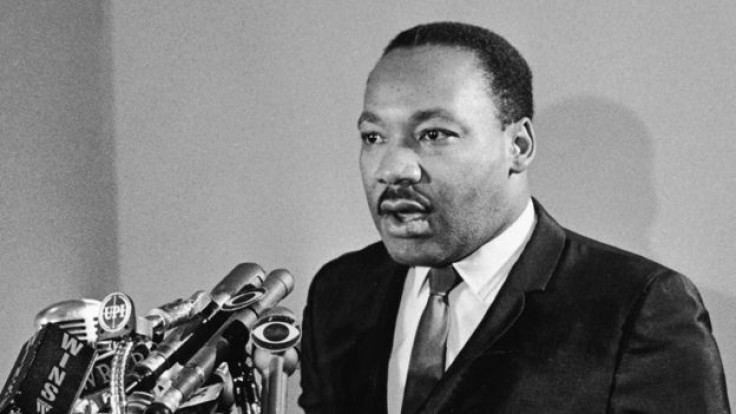
The most recognizable and inspirational figure in the U.S. Civil Rights movement was Martin Luther King Jr. Yet recently, the plan to delete the name of Dr. King in the streets of Kansas City received almost 70% of a public vote.
In January, the council voted to rename a 10-mile (16-km) boulevard on the black-dominated, eastern side of the city. But the move sparked a battle, with critics alleging that residents were not consulted properly. Several residents said they felt the loss of their place in their own neighborhood.
Name-change critics said they were losing their identity. They gathered enough signatures in April to bring the removal of the name to a referendum.
Those who wanted the name of Dr. King removed said they value his legacy, but opposed the decision of the council to force through the change by waiving a requirement that it should be accepted by 75% of property owners on the boulevard.
Ms. Alissia Canady, a black resident who served as councilwoman for the district that governs The Paseo, said the council was aware that there was no political will. She expressed that she overheard from some constituents that they did not want the changes. "There were African-American property owners that did not agree with this way of honoring Dr. King."
She added that the proponents of the name-change rushed to put the signs up so that the people would not care to argue once they are installed.
The Southern Christian Leadership Conference (SCLC) Chapter of Kansas City, an organization founded by Dr. King, led efforts to maintain the name of the street in his memory. But they are still not commenting on the issue.
Rev. Vernon Howard, president of the SCLC of Kansas City, told the Associated Press that the street name Dr. Martin Luther King Jr. Boulevard was meant to be a symbol for the black children of the city.
"Only if you are a black child growing up in the inner city lacking the kind of resources, lacking the kinds of images and models for mentoring, modeling, vocation and career can you truly value what the name on the sign mean to a child in that community." said Rev. Howard in an interview.
Ms. Canady, who worked with Save the Paseo, also said that the allegations are a deflection of what the real problem was. She further noted that "residents should not be silenced by special interest groups."
Ms. Canady added that the name-change controversy pushed a reset button. Everyone is now going back to the drawing board to find a solution to celebrate Dr. King's legacy. And that, she said, is a huge opportunity for Kansas City.
It is reported that more than 1,000 streets around the world bear Dr. King's name, with at least 955 of those streets are found in the United States. Kansas City is the only one of those major cities in the United States that does not have a street named after the Civil Rights icon.
© 2025 University Herald, All rights reserved. Do not reproduce without permission.








